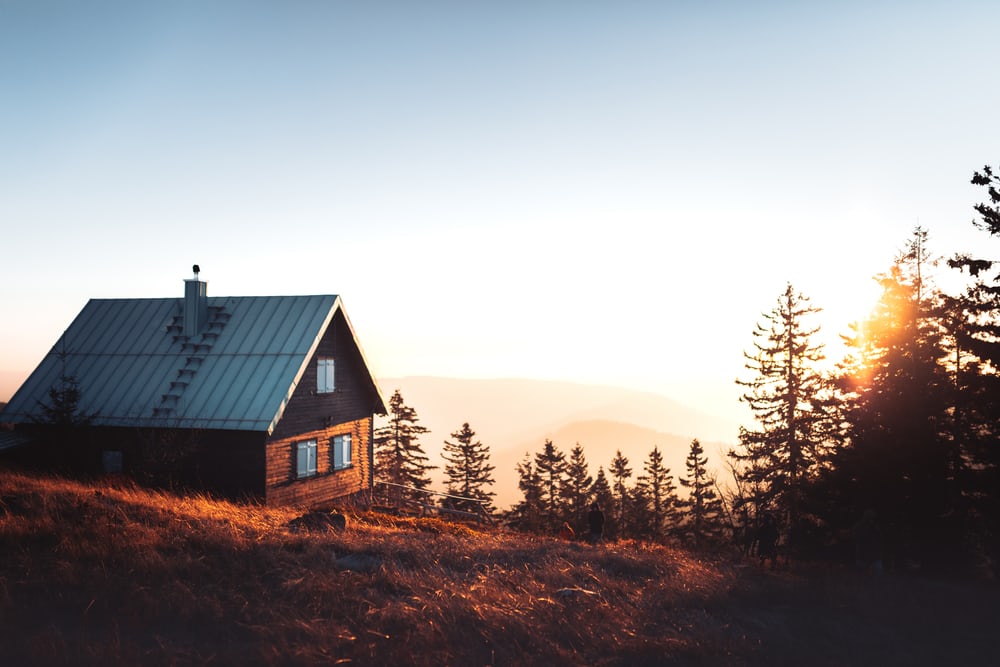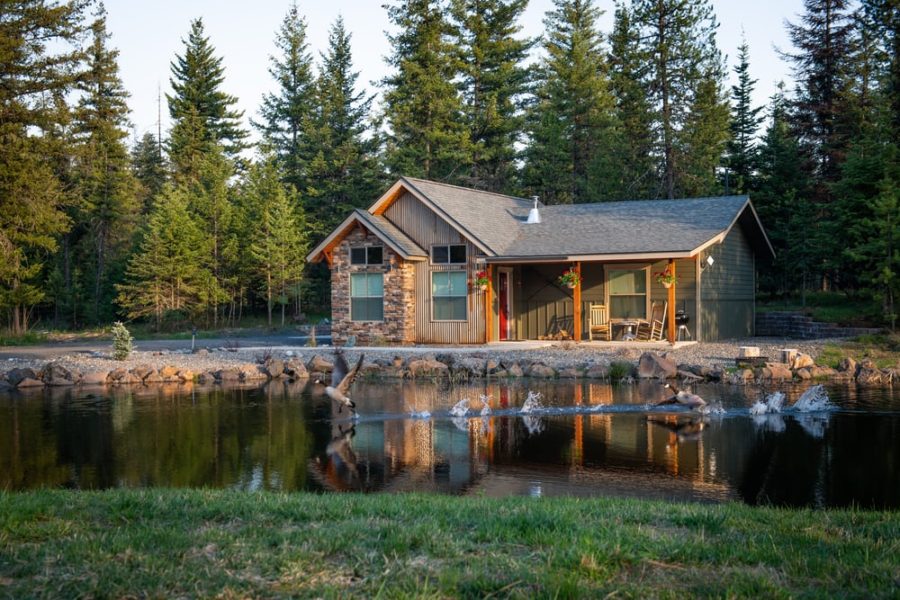
How To Live Off-Grid: 4 Important Things To Know
Life in big cities is getting busier every day and it is getting to a point of chaos where nobody has time to do anything for themselves or their loved ones. It is quite sad to observe the robotic nature of our lives nowadays. With the ever-increasing population and industrialization, the planet is also getting a lot warmer and living costs are skyrocketing. In such circumstances, it is not surprising to see that a lot of people are now considering the off-grid lifestyle. Before you set out on your adventure of living off the grid, it is important to learn all the facts and what are the steps that you need to take in order to enjoy it.
What Does it Mean to Be Off the Grid?
It simply means that you are living a life that is cut off from the ‘power’ grid and it would mean giving up all the public facilities, including the water, electricity, and gas supply. So, living off the grid is not something that you can take upon on a whim because you need to be mentally ready to take up the challenge and adapt to a more natural way of living. However, giving up these three facilities is not everything about the “off-grid” lifestyle. In this article, we are going to talk about the four most important things that you need to know to live off the grid-like a pro!
Top 4 Tips for Survival Off-The-Grid
Often people decide to go off-the-grid and start with it without any planning or thought. On a very basic level, the four things that you will be required to ensure a consistent supply of four main things: food, water, shelter, and power. You should also have a plan for dealing with emergencies. We are going to talk about each aspect in detail.
1. Having a Shelter Comes First
Without a doubt, this is one of the most important things that you cannot ignore or let go of. The shelter is important for your survival and safety needs as well. The digital nomads from Opt Out Living pointed out that a shelter is not the same as a regular urban house because you can call anything a shelter, it could be an RV or a small cabin, or a tiny house. However, without a shelter, your life off-the-grid would be nearly impossible because having a place to live and feel safe from predators or other environmental factors is something that is essential to ‘staying alive’. You have to remember that you are giving up the on-grid life, you are not giving up ‘living’! If you do not have access to any such shelter, then you need to first dedicate some time to create such a space before starting this journey.
2. How to Ensure a Power Supply
Now, although you are aiming to go off the grid, you will require a power supply from time to time and for various essential things. Carefully think about the options of power supply that you are going to avail. If you are a professional and have experience in the field then you can even think about building sophisticated solar-powered or gas-powered or wind-powered systems (but many of these operate with a generator). The power supply is always required for cooking, communication, and heating.
3. Food is a Must
Obviously! You cannot hope to survive without eating some nutritious meal but it does not require the on-grid lifestyle. The off-grid life offers various options for food sources but you can also go for the self-production option if you want to be truly self-sufficient. The self-production options may include farming, fishing, hunting, foraging, and gardening. Having some livestock is also handy because it can ensure a supply of dairy products. You can also purchase large amounts of dry food supplies.
4. A Reliable Water Supply
You need to understand that a steady stream of water that is also portable is a treasure in itself. You will require water for cleaning, drinking, and bathing and without a detailed note on the significance of water supply, you must be well aware of why having a consistent water supply is so important. You may even have to invest a little to get a filtration system in place before taking your leave from the on-grid lifestyle. There are complex and simpler options in this category as well, for example, you may go for the option of owning a well or you can simply use a rain-catchment system or purchase and store water in large amounts.

Like everything else, there are pros and cons of living off the grid, or perhaps we need to rephrase it to call comfort and challenges of this lifestyle. By going off-the-grid you are not only doing yourself a big but also a huge favor to the planet. With a little preparation and dedicated work, you can very well achieve a quiet and peaceful space in this lifestyle.











